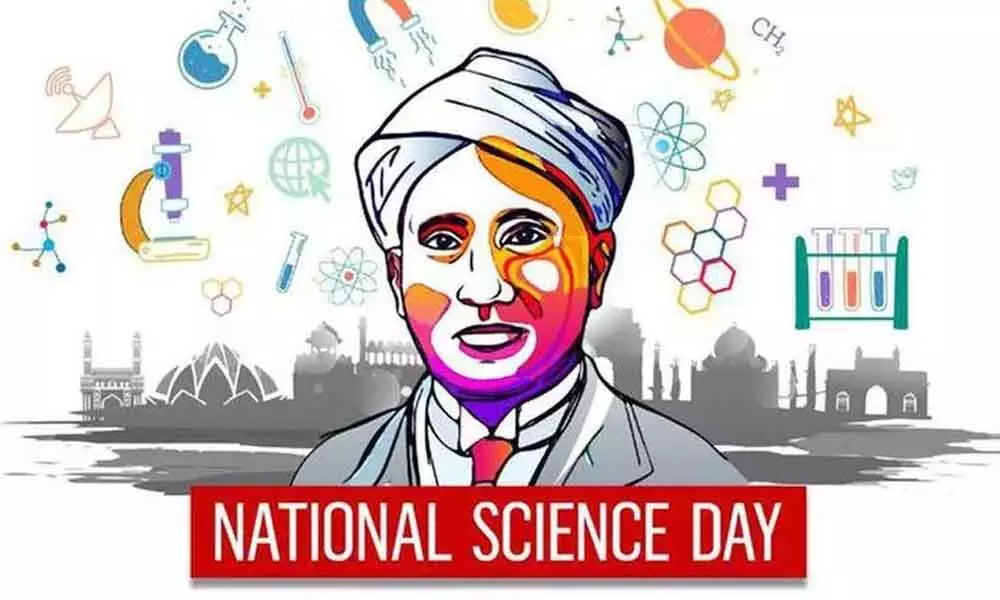National Science Day 2022: Why this day is observed as National Science Day?

National Science Day (NSD) is observed every year in India on February 28, to commemorate the discovery of the 'Raman Effect'.
National Science Day (NSD) is observed every year in India on February 28, to commemorate the discovery of the 'Raman Effect'. Throughout the country, thematic activities of scientific dissemination are carried out on the occasion of National Science Day.
National Science Day 2022: Theme
The National Science Day 2022 theme is 'Integrated Approach in Science and Technology for Sustainable Future'.
National Science Day: History
The National Council for Science and Technology Communication (NCSTC), in 1986, requested the Government of India to announce February 28 as National Science Day. The government accepted and declared this day National Science Day. The first National Science Day was celebrated on February 28, 1987.
Why do we celebrate this day as National Science Day
In 1986 when the National Council for Science and Technology Communication (NCSTC) asked the Central Government to celebrate February 28 as National Science Day. National Science Day was first celebrated on February 28, 1987. For the past 35 years, we have been celebrating this day as a remembrance of Raman's contribution to science.
The National Science Day is observed to mark the discovery of the 'Raman Effect' by the physicist Sir Chandrashekhara Venkata Raman, well-known as CV Raman. He was born on November 7, 1888, in Tamil Nadu then it was a Madras Province.
Raman gave the theory of the Raman Effect for which he won the Nobel Prize in 1930. He became the first Indian and the first Asian to win the prestigious award. He was also awarded Bharat Ratna in 1954 for his contribution to science mainly Physics. Raman Effect is a change of wavelength exhibited by some of the radiation scattered in a medium. The effect is specific to the molecules which cause it, and so can be used in spectroscopic analysis. In other words, we can say when light passes through a transparent material, some of the deflected light changes wavelength and amplitude.
Raman also developed an instrument "Raman Spectroscopy" for observing the vibrational, rotational and other low-frequency modes in a system. For the first time, Raman showed conclusively that the colour of the sea was blue because water molecules scattered sunlight. The sea's blue because sunlight was split into its spectrum of colours by molecules in the air. The only colour reflected by the water and that finally reaches our eyes is blue.
The main purpose of celebrating National science day is to spread the message of the importance of science and its applications in everyday life among people.














